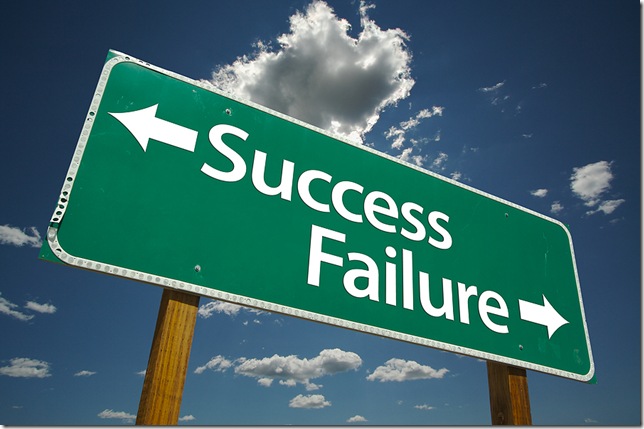Is Your Job Search Focused On Employment or Employability?
My experience from speaking with tens of thousands of candidates over the last 30 years as an executive recruiter is that most candidates focus like a laser beam on employment. Finding that next job is all they think about. Not bad, but I have found that those that find a job fastest focus on employability first.
Changing the focus will change your search. When candidates focus on only finding a job, they often lose sight of why they are employable. This focus changes how they interview, where they look, the process for finding a job, and ultimately leads to accepting the wrong job, which results in returning to the job market sooner than expected.
Focusing on employment can also lead to desperation in a job search. Download a FREE copy of the “Circle Of Transition” CLICK HERE. This shows up in the interview as fear, poor body language, lack of energy, incomplete answers or rambling answers. It impacts the job search as candidates try to demonstrate how they can do everything, in every industry, and regardless of whether they are a 10% or 100% fit for the job, they scramble after it. This only dilutes their search, sends them on wild goose chases, increases the many highs and lows of a search, and in the end gets the candidate no closer to getting a job.
Instead, what if you changed the focus to employability? This will alter how you view yourself and what you have to offer. It starts the process of realizing you have value, you are good at what you do, the company will be better off because they hired you, your boss will look better to their boss for hiring you, and you know you can and will do a great job.
Employability is about what you bring to the party. It is about focusing on what makes you better than others. What is it about you that this employer can’t live without? Every person they interview will probably have the same skills and experience to do the job, so why should they hire you? It puts you in a position of strength.
Employability will expand your job search, not reduce it. It may eliminate some of the long shots that frustrate many candidates and at the same time it will increase the exposure to positions that have a higher probability of success. I firmly believe one of the main reasons candidates we coach find jobs faster than most is because we work to change their focus to employability and away from employment.
Employability will help you create a job where jobs don’t yet exist. My last article was about finding the true hidden job market before others and recruiters. Employability helps you to not only tap into the hidden job market but it gets employers thinking about why they need you and your unique set of skills and experiences. Employers start to think about how much better they will perform with you on board. They begin to realize the solutions to their issues of growth, expansion, cost reduction, process improvement, etc, isn’t inside company. You become the savior to these problems. Employability turns you into a solution rather than just another candidate applying for a job.
Focusing on employability is much like what a CEO of a public company said to me many years ago. He said, “The focus of many public companies is the stock price and hitting the quarterly numbers. That will never be ours. We focus on building great products, innovation, customer service, and high quality. If we do that, the stock price and quarterly earnings will take care of themselves.”
If you focus on employability, employment will take care of itself.
To help you focus on employability be sure to download our free radio show recordings. They are in our candidate audio library. CLICK HERE to enter the library.
To validate whether or not your job search is effective, we have put together a job search self assessment scorecard. You can’t fix what you don’t know isn’t working. This free download will help you identify weaknesses in your job search. CLICK HERE to download your free copy.
Tired of sending resumes and hearing nothing back? Try this cover letter. It has proven over many years to increase responses from recruiters and companies. Download a sample by CLICKING HERE
I welcome your thoughts and comments.







